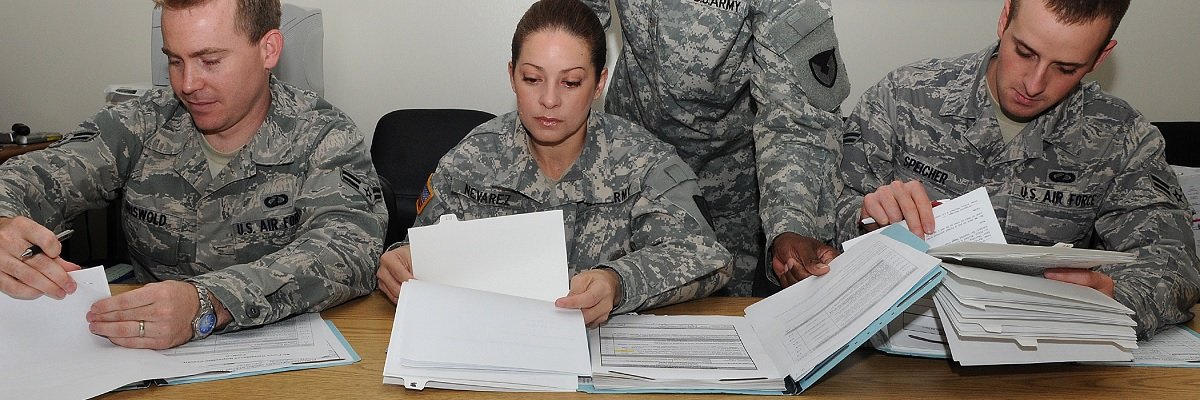Every year, literally hundreds of billions of tax dollars are spent on contracting agreements with private businesses. Some of these are agreements for services, some for goods, others for consulting, courses, or certifications. And all of them are subject - to some extent - to public records laws and inspections, because there’s a general legally-supported assumption that “we the people” should be kept apprised of government actions, particularly when it comes to how our money is being spent.
Here’s a quick list of introductory questions when beginning your look into how your tax dollars are being spent.
Are government contracts subject to inspection?
Contracts and invoices related to particular purchases are commonly available and only legally withheld under limited circumstances. So, short answer: yes. Did a government agency buy something? Presumably that something was bought with tax dollars, which is what the day-to-day of the government runs on, meaning in a way, that something belongs to the American people, meaning that those people have a right to know what that something was, how much it cost, and just what we’re supposed to be getting out of it.
What rules govern government contracting?
At the federal level, acquisition is primarily governed by Federal Acquisition Regulations, though one should definitely ask individual agencies about their own particular procurement regulations.
Each state will have its own rules about the way bids are issued and purchases made. Since so much money is spent on procurement, competition can get heated, and fraud can easily transpire, most states, just like the federal government, have made efforts to provide resources on the restrictions in their decision-making process. In Massachusetts, for example, the Office of the Inspector General provides a “The Chapter 30 Manual,” referring to the state’s Uniform Procurement Act, which provides procedures for buying or trashing supplies.

Where can I learn more about what contracts the government is looking for?
The federal government provides a few sites that try to track procurement opportunities, past, present, and forthcoming. For federal contracts worth more than $25,000 check out Federal Business Opportunities. Also consult USASpending.gov, which was brought into being by the Federal Funding Accountability and Transparency Act, as well as theFederal Procurement Data System, which includes resources related to subcontracting, an offshoot of regular contracting, by which the organization hired by the government to do a job in turn hires another company.
I’m interested in an agreement between a particular company and a particular agency. What should I ask for?
Here are some basic bits usually associated with a contract:
-
A request for proposal or call for bids: A standard element of the procurement process is an open bid, typically involving some defined need from the agency and a request that different companies respond with what they can provide and for how much.
-
The responses to the RFP: What are companies saying they can provide? What kinds of questions are they asking? These materials might not be accessible until after a final choice has been made, but they can provide a lot of insight into what sort of opportunities businesses are looking for, too.
-
The contract itself.
-
Any amendments or modifications to the contract.
-
Invoices issued or paid as part of the contract.
Who is doing procurement accountability work?
Inspectors General - Each federal agency and most states have their own Inspector General, whose work is focused on investigating reported acts of waste, fraud, and abuse. Explore their reports, which are oft-underutilized yet highly-informative, to see what the eyes on the inside have said about particular procurement practices.
Project on Government Oversight
Government Accountability Project
Have a question we missed or a suggested alternative response? We’d love to hear it. Let us know via email, Twitter, Facebook or the form below.
Image via U.S. Army




